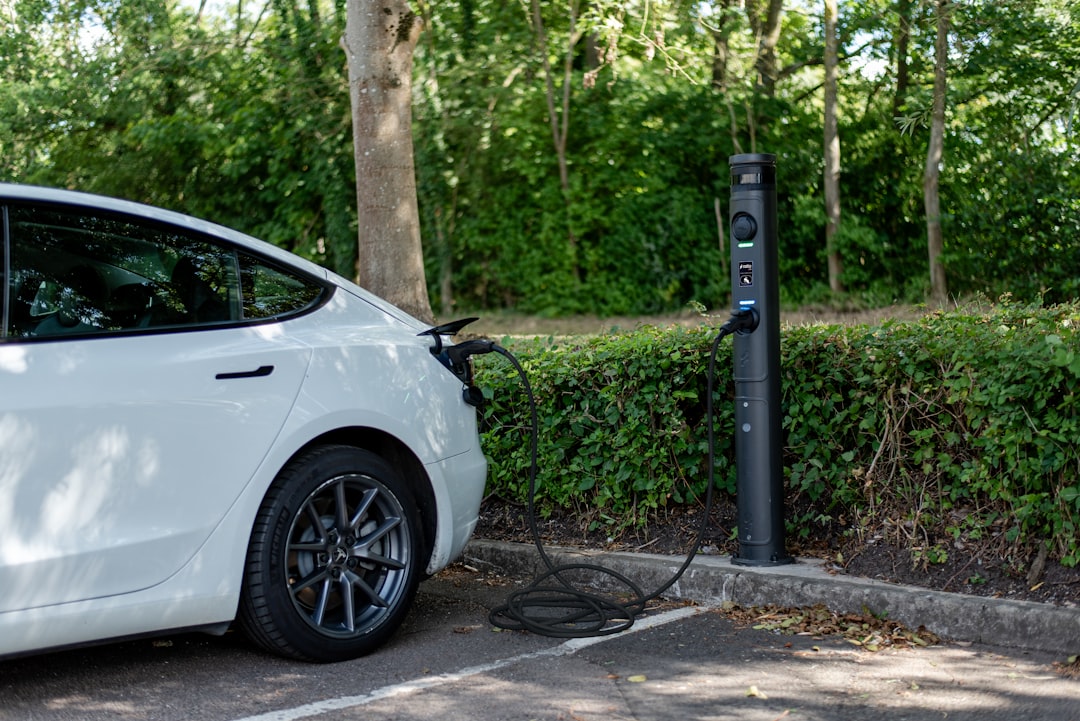In 2023, electric vehicles (EVs) are no longer just the future—they are the present, with global sales expected to surpass 10 million units by year-end, according to Bloomberg Green. But as EVs become increasingly mainstream, the spotlight is shifting to the transformative role of artificial intelligence (AI) and autonomous technology. These innovations promise to redefine not only how we drive but also how we live. In this article, you’ll discover how AI and autonomous tech are shaping the future of electric vehicles, making them smarter, safer, and more integrated into our daily lives.
The Rise of Smart Electric Vehicles
AI-Powered Features in EVs
AI is the brain behind many of the smart features in today’s electric vehicles. Here’s how AI is making a difference:
- Enhanced Driver Assistance: Systems like Tesla’s Autopilot and Nissan’s ProPILOT use AI to provide features such as automatic lane keeping, adaptive cruise control, and even self-parking. These technologies are paving the way for fully autonomous vehicles.
- Predictive Maintenance: AI algorithms analyze data from sensors and predict potential issues before they become serious. This leads to reduced downtime and lower maintenance costs for EV owners.
- Energy Management: AI helps optimize battery performance by predicting weather conditions and driving habits to maximize range. Companies like Rivian and Lucid Motors are at the forefront of integrating AI for better energy efficiency.
Autonomous Driving: The Road Ahead
Autonomous driving is arguably the most exciting frontier in the EV industry. Here’s what you need to know:
- Levels of Autonomy: The Society of Automotive Engineers (SAE) defines six levels of driving automation, from Level 0 (no automation) to Level 5 (full automation). As of 2023, we are primarily at Level 2, with vehicles capable of some autonomous functions under human supervision.
- Key Players: Tesla, Waymo, and Volkswagen are leading the charge in autonomous vehicle development. Tesla’s FSD (Full Self-Driving) package, for example, is continually evolving with AI advancements.
- Safety and Regulation: While AI promises to reduce human error, regulatory challenges remain. Governments worldwide are working to create frameworks that ensure the safe deployment of autonomous vehicles.
Infrastructure and Charging Innovations
AI in Charging Infrastructure
Charging infrastructure is crucial for the widespread adoption of EVs. Here’s how AI is revolutionizing this space:
- Smart Charging Stations: AI-powered stations can manage grid loads efficiently, ensuring that EVs are charged during off-peak hours. Companies like ChargePoint are leading the way with adaptive charging solutions.
- Dynamic Pricing: AI algorithms can adjust pricing based on demand, encouraging users to charge during less busy times, thereby stabilizing the grid.
Battery Technologies and AI
The synergy between AI and battery technology is another game-changer:
- Battery Management Systems (BMS): AI-enabled BMS can predict battery health, optimize charging cycles, and extend battery life. Brands like BYD and Hyundai are investing heavily in this technology.
- Solid-State Batteries: While still in development, AI is playing a role in accelerating the commercialization of solid-state batteries, which promise faster charging times and greater energy density.
Practical Value: Tips for Embracing AI and Autonomous Tech in EVs
How to Maximize AI Features in Your EV
- Stay Updated: Regularly update your vehicle’s software to benefit from the latest AI enhancements.
- Learn Your System: Familiarize yourself with your car’s AI features. Many EV manufacturers offer tutorials and customer support to help you make the most of your vehicle.
Where to Buy and Compare
- Dealerships with Tech Focus: Visit dealerships known for their tech-savvy staff, such as those specializing in Tesla, Rivian, and Ford EVs. These brands often have the most advanced AI features integrated into their vehicles.
- Online Platforms: Websites like InsideEVs and CleanTechnica offer detailed comparisons and reviews of AI and autonomous features in various electric vehicle models.
What to Compare in AI-Driven EVs
- Autonomous Capabilities: Compare the levels of autonomy and specific features, such as lane assistance and adaptive cruise control, across different models.
- Battery Efficiency: Evaluate how effectively the AI manages battery life and energy consumption.
Conclusion: The Future is Electric and Intelligent
As we look towards the future, the convergence of AI, autonomous technology, and electric vehicles represents a revolutionary shift in the way we approach mobility. These advancements not only promise to make driving more convenient and safer but also more sustainable. As AI continues to evolve, so too will our vehicles—becoming more than just a means of transport, but integral parts of an interconnected ecosystem.
Are you ready to embrace this exciting future? Share your thoughts on how AI and autonomous tech will impact your driving experience. The journey towards smarter, more autonomous electric vehicles is just beginning, and it’s one road trip you won’t want to miss.

